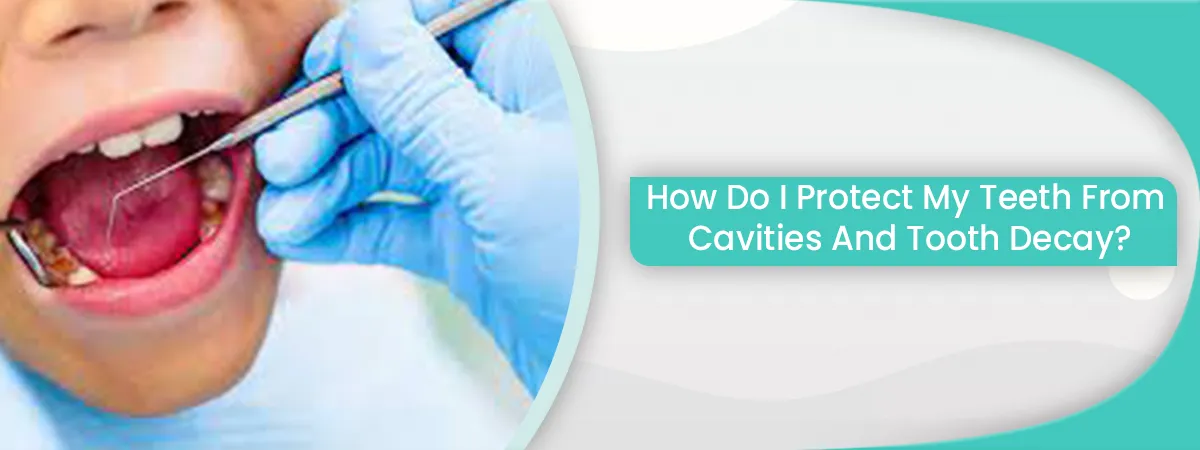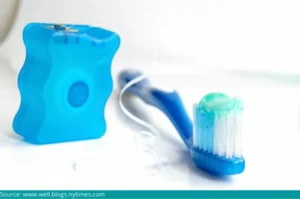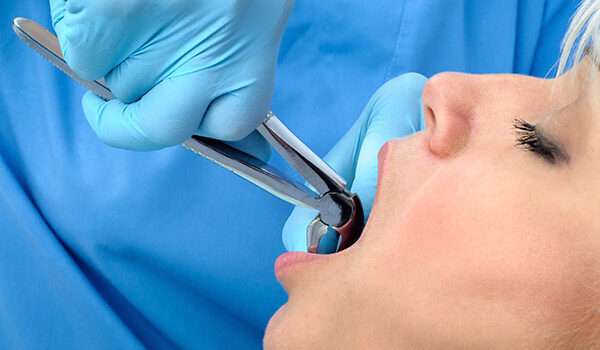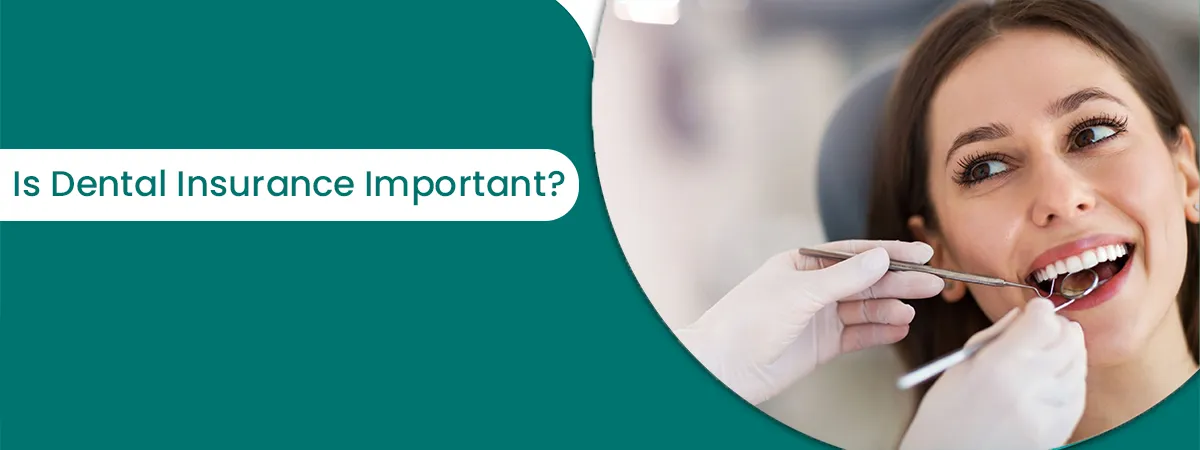If you are unable to enjoy your favorite food and have a proper sleep at night due to cavities and other dental problems, please get in touch with Dr. Suhrab Singh, a renowned dental surgeon in Noida. Phone: (+91) 9818872732, 01204880044, 9755712732
We often hear and read how important it is to brush our teeth, followed by floss daily to avoid cavities. While we all know we should clean and floss our teeth to keep them healthy, cavities are still a widespread problem we all face at some point.
Cavities affect 1 out of every 4 adults, and over 50% of teenagers in India have cavities. Dental hygiene is often overlooked, and we tend to forget that it is an essential aspect of our daily life.
Please visit Neo Dental Care, a well-known dental clinic in Noida with state-of-the-art and world-class infrastructure. You can consult with Dr. Suhrab Singh, one of the best dental surgeons in Noida, and start taking charge of your dental health.
This article talks about tooth decay, symptoms of cavities, and tips to protect your teeth from decaying.
What is tooth decay, and what causes it?
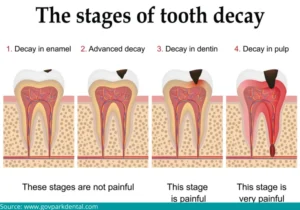
Your tooth decays when carbohydrates (sugars and starches) are left on the teeth, such as bread, cereals, milk, fruits, soda, or candy. Bacteria in your mouth break down these meals and convert them into acids. Plaque is formed when bacteria, acid, saliva, and food waste combine and cling to the teeth. Plaque acids eat away at the enamel, causing cavities.
If left untreated, dental decay can lead to infection, discomfort, and even loss of teeth. Please contact Dr. Suhrab Singh, a prominent dentist in Noida, to assess your oral problems and provide safe and effective treatment
What are the symptoms of cavities?
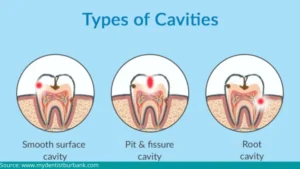
- Toothache and discomfort that happens for no apparent reason
- Sensitive teeth
- Pain that ranges from mild to severe while consuming something sugary, hot, or cold
- Teeth with noticeable holes or pits
- Black, brown, or white stains on the surface of your tooth
- Pain when you bite or chew
Make sure you are brushing right
Brushing every day is important; however, it is equally important to ensure that you are brushing correctly. Following are some things to remember when brushing:
- Apply mild pressure and brush with a soft-bristled toothbrush to limit the risk of gum injury.
- Brush the inner, outer, and chewing areas of your teeth lightly back and forth in short strokes.
- Use gentle up and down strokes in the inner surfaces of your front teeth.
- Brush or use a gentle tongue cleaner to get rid of bacteria on your tongue surface and obtain fresh breath.
- Do not use the same toothbrush for more than 3 – 4 months.
Tips to prevent tooth decay
Following are some key tips to protect your teeth from decay:
- Brush your teeth with toothpaste that contains fluoride daily.
- Brush after each meal if possible, and especially before retiring to bed. Brushing before bed (after a late-night snack) is especially crucial since letting bacteria remain on your teeth overnight might cause enamel erosion due to acid formation, and this will ultimately lead to cavities.
- Flossing may sound tiresome, but it is really easy and convenient because you can do it on the go. Use inter-dental cleaners or dental floss to clean between your teeth. You can floss while watching TV or reading a newspaper. It is no different than forming any other healthy habit: the key is to start small and stick to it.
- Rinse with a mouthwash that contains fluoride daily. If possible, look for the ones with antiseptic components to aid in the killing of bacteria that produce plaque.
- Limit snacks and eat healthy and balanced meals. Carbohydrates like candies, pretzels, and chips can stick to your teeth and cause decay. It is best to avoid them but wash your teeth right away if you eat sticky meals.
- Consult your dentist about utilizing fluoride supplements to strengthen your teeth.
- It is also vital to protect your rear teeth (molars) against decay; talk to your dentist about getting dental sealants (a protective plastic covering) for the chewing surfaces.
- Drinking fluoridated water can protect children from tooth decay.
- Pay regular visits to your dentist for checkups and professional cleaning.
Conclusion
Knowing your cavity risk level is the first part of taking charge of your oral health. A complete dental exam is the best way of finding out. With regular examinations and discussions with your dentist, you will know where you are, the required treatments, and which dental hygiene and diet modifications may be beneficial. You can then adopt a more targeted, effective strategy to improve your oral health.
Another benefit of determining the cavity risk level is that it will help you calculate how often you need to visit the dentist. The smaller your risk, the fewer dental appointments you should have.
Do not wait until your dental issues grow worse. Please schedule an appointment with Dr. Suhrab Singh, a top-notch dentist in Noida, to know your risk level and discuss the treatments suitable for you. Neo Dental Care, one of the best dental clinics in Noida, prioritizes our patients’ comfort, contentment, and care. Our facility has been designed to be relaxed and pleasant for our patients, with our team offering the best dental care possible.

